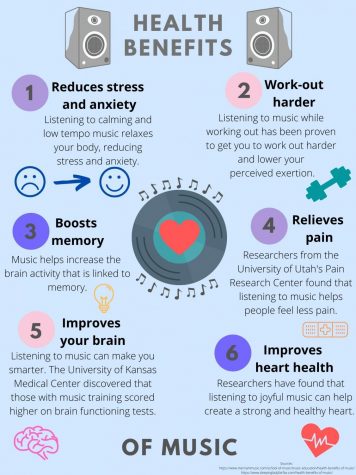This short article is intended as an overview for a more detailed post entitled “Music as the Carer’s Friend and Assistant” – the link is https://improvingcareand.education/2023/12/11/music-as-the-carers-friend-and-assistant/
Introduction
A recent meta-analysis has indicated that social isolation and loneliness needed to be addressed and that, in doing so, people’s wellbeing may be improved. Undoubtedly, the presence of genuine camaraderie can lead to life-long friendships and help to sweep away sensations of antagonism and estrangement. Membership of a welcoming group, either together or separately by carers and those in need of their support, offers genuine participation in communal interests. Involvement requires both responsiveness and commitment, setting aside preoccupations and uneasiness, and has the potential to boost ‘feel good’ emotions. In particular, participation in a wide variety of musical activities and events is now widely acknowledged to be a noteworthy font of health and wellbeing.

“Where words fail, music speaks.” (Hans Christian Andersen)
Singing, songwriting, listening, and dancing
The persons for whom you are caring may have a particular suite of songs and tunes which they prefer – pop, jazz, country, ballads, classic, songs which they themselves have helped to compose, etc. – or they may have an eclectic taste and simply favour specific ones from across a spectrum of differing categories. For this reason, it is advantageous to explore their likes and dislikes and to observe their reactions and behaviour when songs, along with their accompaniments, are being performed. Ensuring that they are involved as much as possible also will provide carers with opportunities to relax or to join in melodies which enthuse them. Moreover, listening to music involves the various sectors of the human brain and may stimulate cognitive skills. Research has indicated that it can also improve cortical health and emotional wellbeing. On many occasions, it appears to enhance memory and foster thoughts of pleasant happenings from the past. There is a wide range of activities, including quizzes and dancing, which can be organised to enhance participation and potential benefits.
Participation in choirs
Genuine membership and affiliation within a choir will ensure that all members have roles which deliver their own distinct and harmonious contributions. When well-managed, it is democratic, as opposed to having a pyramidic structure, in that there is a sharing of responsibilities. Inclusive choirs can act as catalysts for the improvement of feelings, comprising a fortuitous mixture of both oneness and togetherness, possibly through the stimulation and strengthening of neural pathways. Importantly, they can present opportunities for enjoyment within a therapeutic setting which offsets loneliness, anxiety, and depression among vulnerable people. This is not to say that there may be challenges to confront and overcome. Nonetheless, skilful leadership can nurture opportunities vis-à-vis creativeness and intimacy, enabling participants to experience hope and to recognize their own progress regarding security and self-worth.

Summary and concluding comments
Although some may lack enthusiasm and not benefit from musical activities, for many persons research studies have indicated opportunities for positive outcomes. Listening to compositions, singing, songwriting, and participation in dances can all provide relief from psychological distress while also being a buttress for emotional resilience and touchstones for building self-esteem. Music therapy has a significant role to play in mental health interventions, repairing ruptures in personal relationships and assisting in recovery from abusive behaviour and trauma. It may also alleviate sleeping and nutritional obstacles and engender a basis for good brain health. Involvement in choral singing often gives rise to affirmative surges within a continuum of emotions. In practice, its powerfulness to transcend existing apprehensions and angst is truly remarkable.

“Music gives a soul to the universe, wings to the mind, flight to the imagination and life to everything.” (Plato)
Footnotes
Acknowledgements and references are provided in the extended version of this overview. https://improvingcareand.education/2023/12/11/music-as-the-carers-friend-and-assistant/
Other features on good practices in social care are discussed in various pages and posts on the website. Please see them on the menu below.